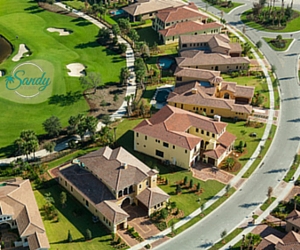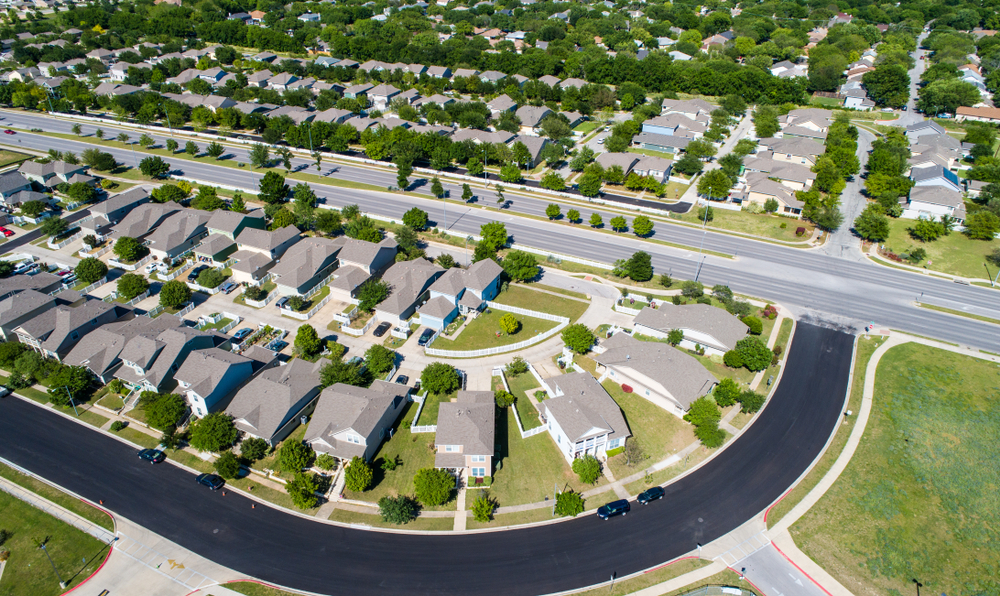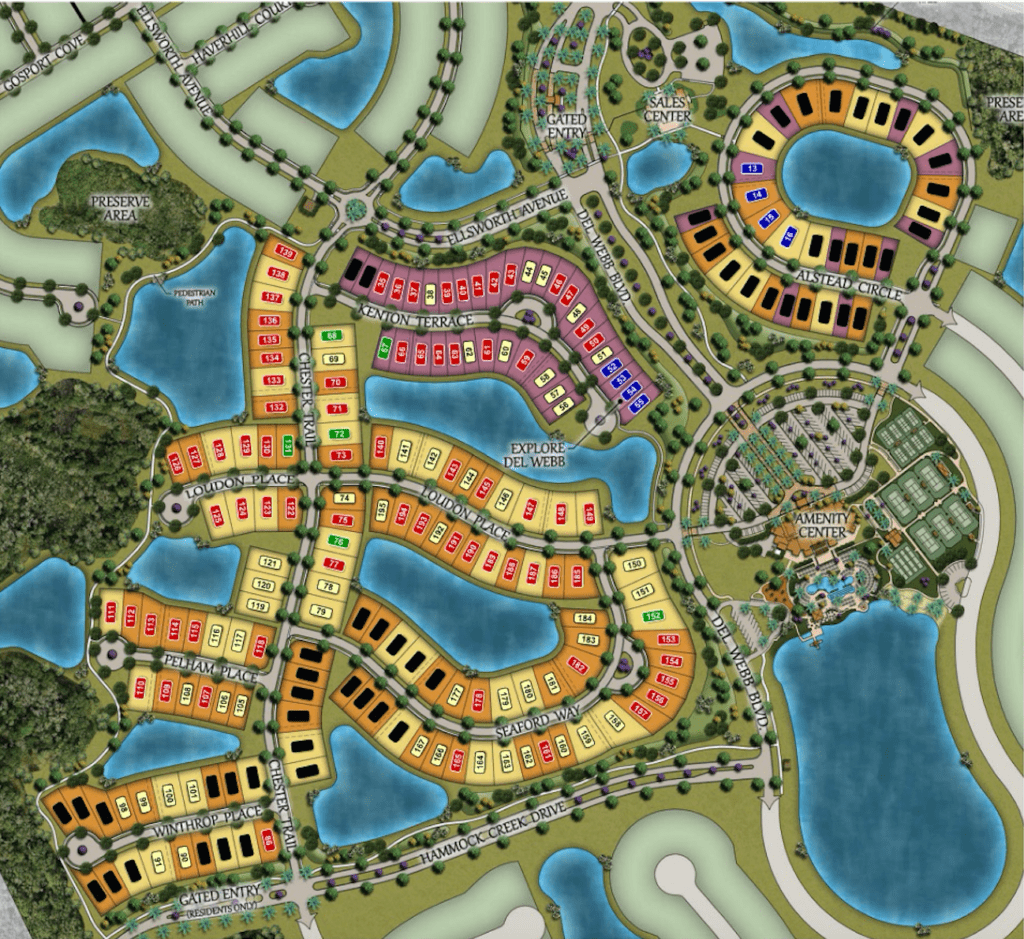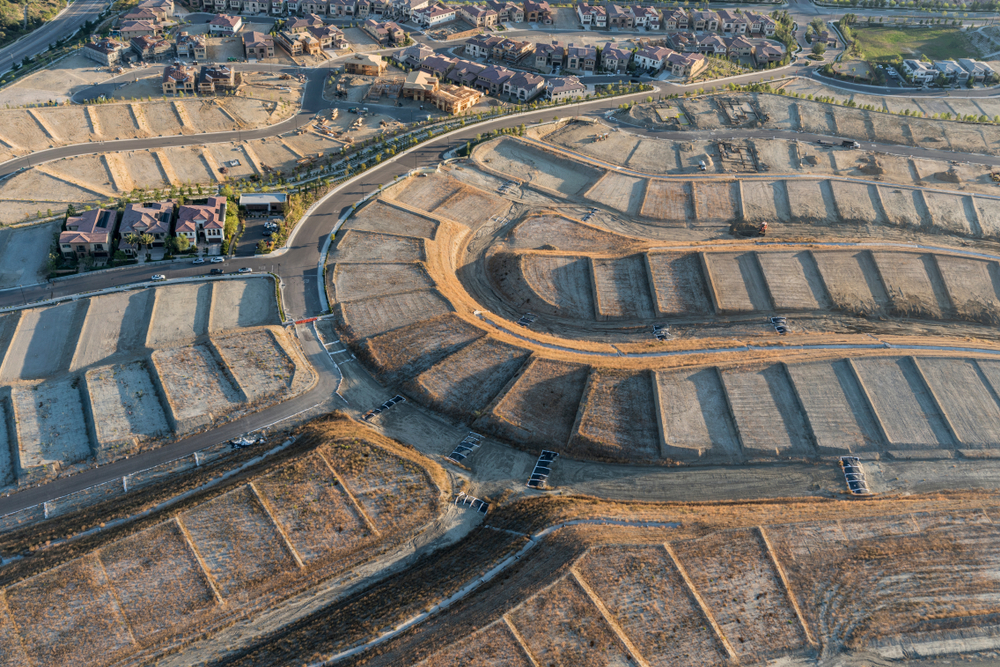
How do you pick a good lot for your new house in Florida? Choosing a lot for your new home in Florida may be more important than what you put inside it.
If you are building a new home in Florida, there are a few things you will want to consider before you make your lot selection.
Location, location, location. It is still true today in real estate as it was decades ago.
Picking your lot and not choosing wisely could cost you money when you sell your home. Even if this is your forever home, a poor lot choice can negatively impact your enjoyment of your new home.
Can you imagine grilling out on your back patio on a beautiful Florida day, but the sun directly hits the back of your home and makes it nearly impossible to enjoy a beautiful early evening with your family and friends?
You May Be Interested in the Article: New Construction, Do I Need a Realtor?
Buying a brand new home and looking at empty lots with sometimes no streets can be overwhelming. It can be hard to imagine how all the homes will be situated and where your neighbor’s backyard aligns with yours.
The builder’s salesperson is there to sell lots, and sometimes make deals on the lots that are NOT selling. There is a reason why some lots in new communities sit until the end. Just because it is cheap, doesn’t mean it is a good deal.
However, recently I was totally convinced that nothing fixes a bad location but money. That is the money you will have to take off the price of your home to get another buyer to accept the location.
Before I sold real estate, I worked as a City Planner. One of my jobs included subdivision platting. So, my understanding of neighborhood development is extensive.
Moreover, 24 years of selling real estate have provided me a database of what buyers do and do not like. Feedback, good or bad can guide you into choosing the perfect lot for your new home in Florida.




